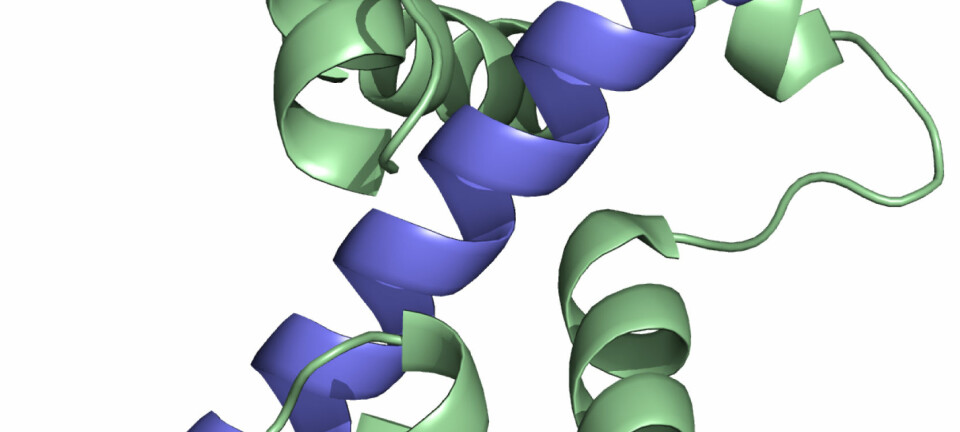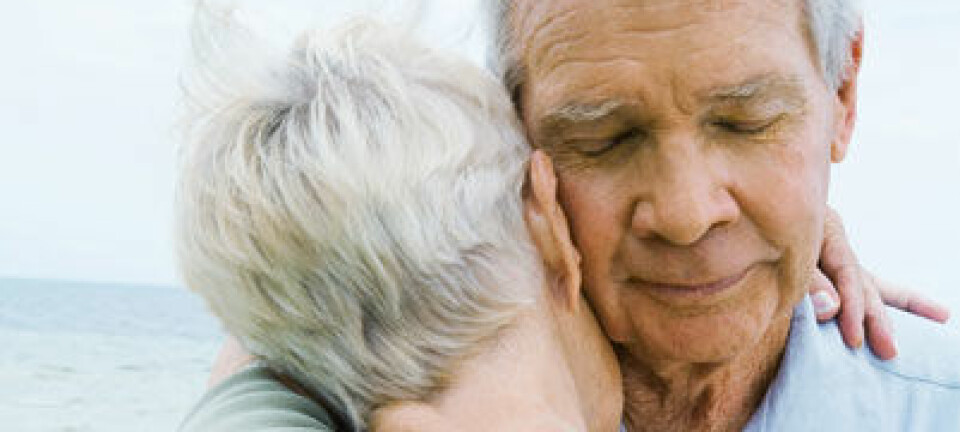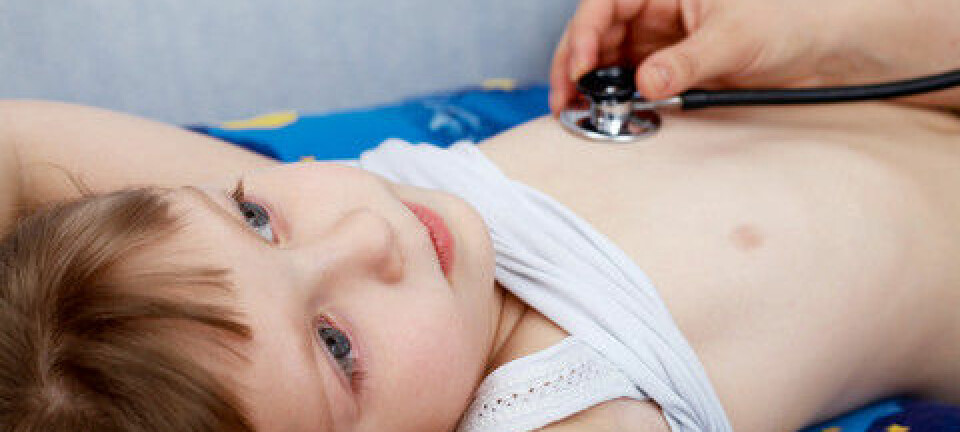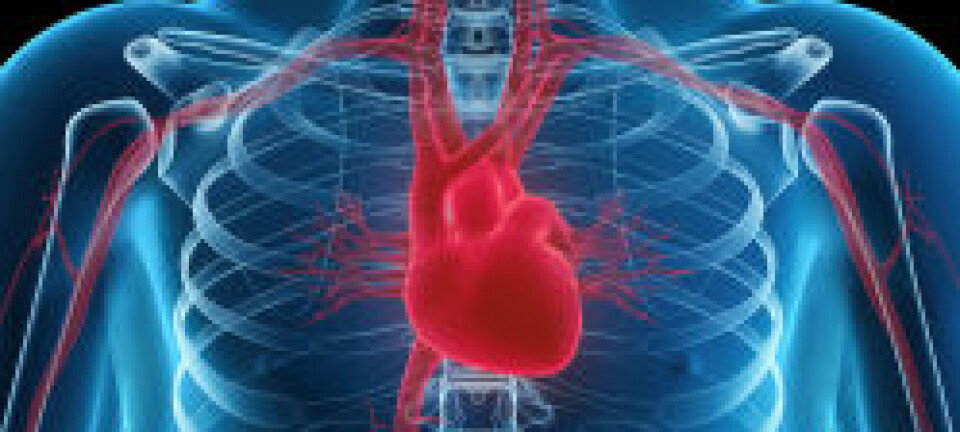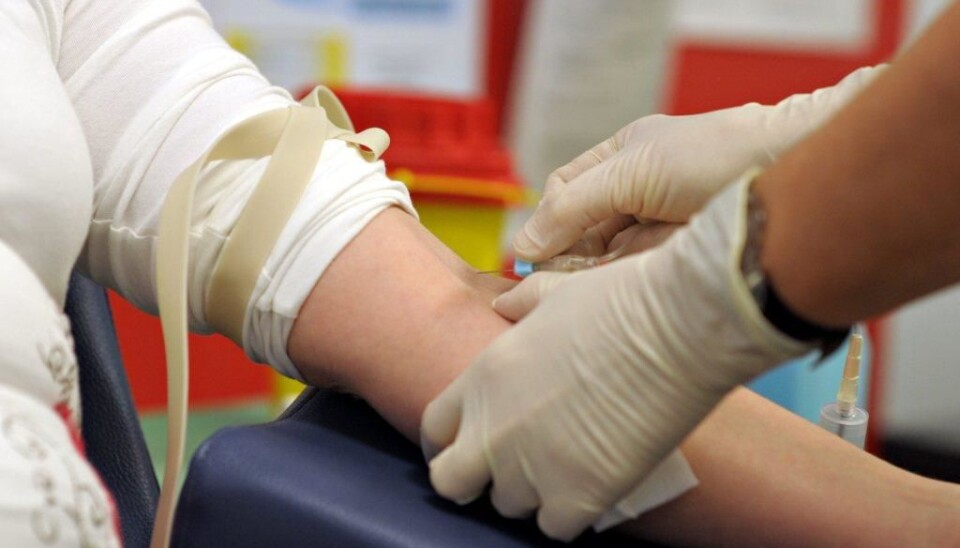
Heart disease can affect entire families
When young people suffer sudden cardiac death, their family members face a significantly greater risk of being struck with heart problems, new study shows.
In the shower, during sports events or at the supermarket. Sudden cardiac death can occur anywhere, and when it happens to young people, the closest relatives need to pay extra attention to their own health.
”If you have a relative who suffers sudden cardiac death, you’re significantly more likely to be struck by heart disease yourself,” says Mattis Flyvholm Ranthe, of the Danish Serum Institute.
He is one of the researchers behind the new study, which has been published in the European Heart Journal.
Suspicion confirmed
The study shows that it’s particularly younger relatives of the sudden cardiac death victim that face an increased risk of heart disease.
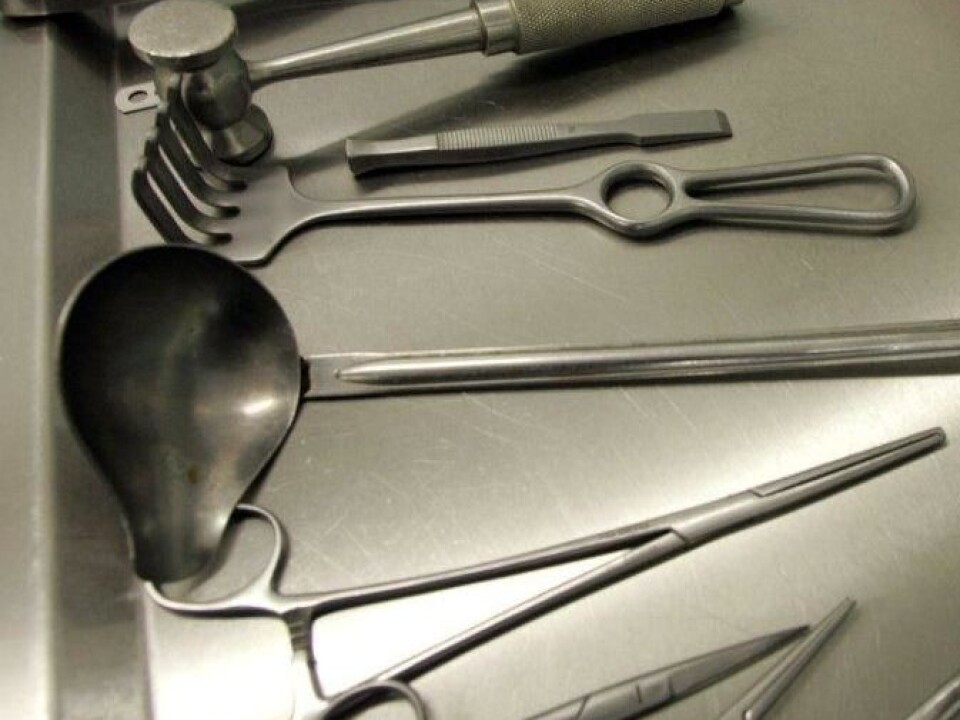
The researchers found that family members under the age of 35 were up to 20 times more likely to suffer specific heart diseases than the rest of the population.
“Previous studies have led us to suspect that relatives would face an increased risk, but now we have finally documented with a comprehensive study that our suspicion was well-founded,” says Ranthe.
He adds that relatives probably have an increased risk of heart problems because many heart diseases in young people are hereditary. Certain heart diseases can be passed from parents to children, which is why certain heart problems can flourish in some families.
Based on thorough detective work
But how did the researchers manage to determine the risk of heart disease in relatives to sudden cardiac death victims?
Previous studies have led us to suspect that relatives would face an increased risk, but now we have finally documented with a comprehensive study that our suspicion was well-founded.
The initial work required thorough detective work to identify all Danes who suffered sudden cardiac death in the period 2000-2006.
“There has been a lot of legwork. We have looked through all death certificates for people aged below 35 who have died in this period,” says Henning Bundgaard, of the National Hospital of Denmark, who was also involved in the study.
“We then discarded all those who died from e.g. cancer or traffic accidents, leaving us with only those who had died from heart complications. Some of these people had not been autopsied, but in such cases there are some criteria that can be followed to determine the likelihood of cardiac death.”
More than 3,000 relatives examined
Bundgaard and his colleagues at the National Hospital of Denmark managed to find 470 people aged between 1 and 35 who suffered sudden cardiac death in the period 2000-2006.
These efforts were originally part of another study, but in this new study the researchers have used the data from the other study to identify the relatives of those who had died. They studied children, siblings, half-siblings, parents and grandparents of sudden cardiac death victims. The researchers kept a regular eye on various patient registers to see if any of the many family members had been diagnosed with a heart condition.
In total, 3,073 relatives were examined, and they were followed until 2011.
“It turned out that siblings, children and parents aged 35 or below are four times more likely to get heart disease than the rest of the population,” says Ranthe.
“The reason that it’s especially young people that have the increased risk is partly that hereditary diseases typically set in at a relatively young age.”
An uncommon cause of death
Ranthe is, however, keen to point out that although it may appear worrying that young relatives of people who suffer sudden cardiac death face an increased risk of heart disease, we’re still talking about rare diseases:
“We have examined just over 3,000 relatives, and less than 300 of them have a heart disease,” he says.
“These diseases are rare, but nevertheless it’s diseases that can kill. So it’s important to know who we should examine and who is at risk.”
Autopsies are important
For this reason the researchers say it’s important to autopsy young people when they suddenly drop dead.
”When you find a young man who suddenly died during a job in the woods, you look out for bruises, cuts or anything else that could indicate that there’s a sign of a crime. But if there’s no evidence of a crime, it’s not certain that the person undergoes autopsy. This means that the cause of death could be cardiac arrest, a severe allergy, cerebral haemorrhage or something completely different.” says Bundgaard.
”That’s why we think it’s extremely important that all young people who die suddenly and unexpectedly are autopsied. If we know the exact cause of death, we also know what to screen the deceased person’s relatives for. And with our study, we’re showing that there’s a good reason to screen the closest family members.”
-----------------------------------
Read the Danish version of this article at videnskab.dk
Translated by: Dann Vinther
